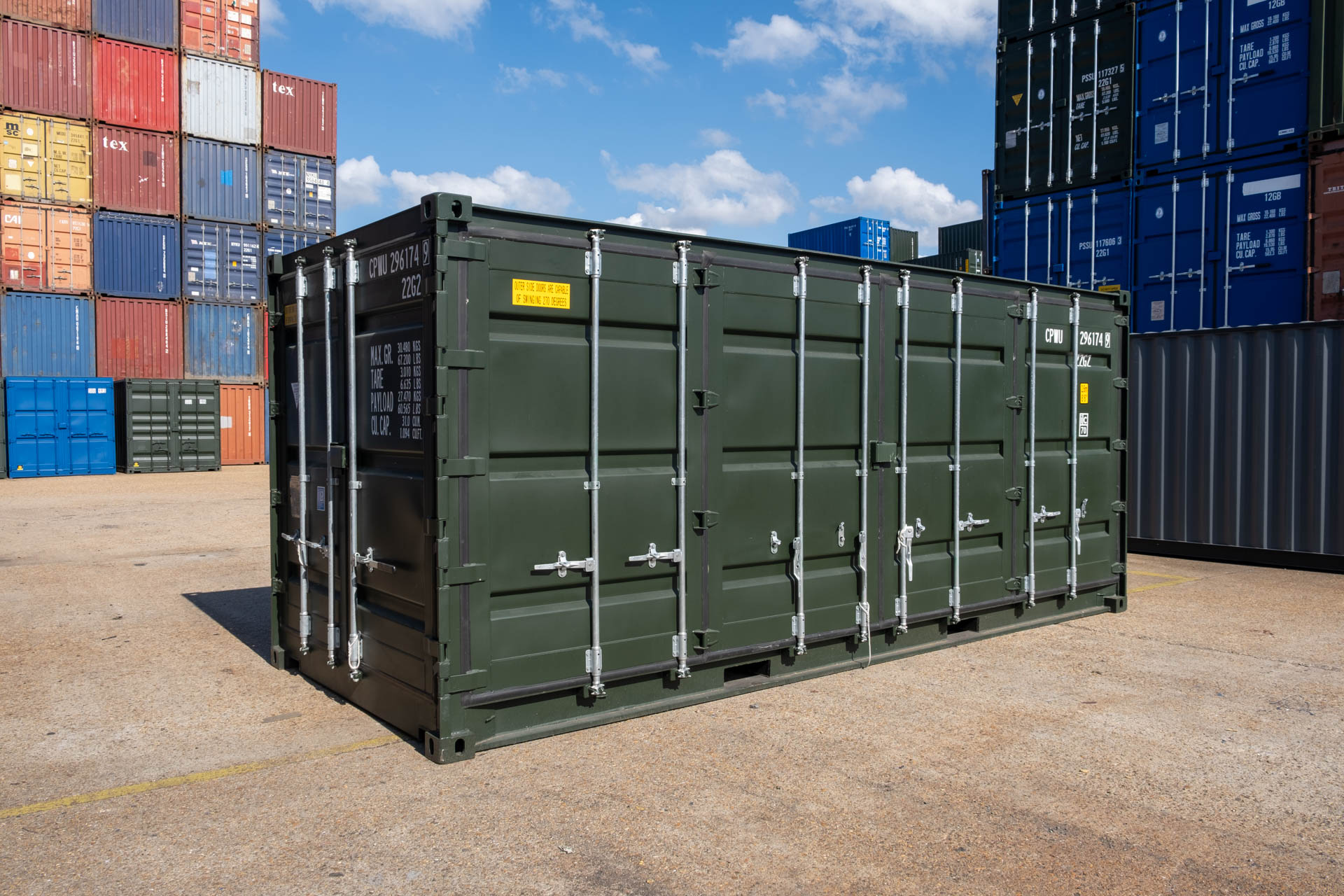The use of converted shipping containers in the catering sector is a well-established sight in many places. Robust and conveniently sized, they are a practical alternative to a van when a ‘pitch’ is in an established place, while they are just the right dimensions for individual traders who can be there week after week or even day after day, dishing up food and drink.
Bristol has played host to a whole phalanx of such outlets at Wapping Wharf, known as Cargo, with a new, permanent home being developed on the site to ensure the traders there are a major part of the Bristol culinary and independent retail scene for decades to come.
In the case of Cargo, the use of shipping containers, which first appeared at the site in 2016, was always designed to be temporary, although the new home will provide similar space but a few more creature comforts.
However, while some caterers have placed shipping containers at one end of the process of getting food from farm to fork, one player in the Bristol culinary scene is using one at the opposite end.
As the Bristol Post recently revealed, Pasture, one of the most popular restaurants in the city, has its own farm just outside the city boundaries near Ashton Court. Buttercliffe Farm serves both Pasture and the ‘immersive dining experience’ Radius.
Not only does this mean the menus are more eco-friendly as so many of the items on them are grown locally with almost no food miles involved, but also there is a commitment to recycling that has involved using an old shipping container to grow herbs in.
These herbs are grown alongside various other plants, either in the open or in polytunnels, With the three-acre site using organic principles with no pesticides and even a bug hotel and a pond to create insect habitats. Bees are also kept there and the farm has its own 3,000-vine vineyard, with planning permission now in place for an on-site winery.
As well as the local Pasture restaurant, the chain’s other restaurants in Bristol and Birmingham are also served by the farm’s produce.
The article noted that the shipping container is not just an empty box full of soil with some green shoots sticking out. Rather, it is a controlled environment with lights, dehumidifiers and dark spots to create the ideal conditions for the different herbs to flourish.
All this enables a local producer to provide all manner of fruit, veg, herbs and even wine to people who may often be very conscious about where their food comes from and how far it has travelled.
Perhaps the ultimate culinary achievement for shipping containers would be if herbs like these, or anything else grown in a container, were to make their way to a caterer serving out of one elsewhere; not so much farm to fork as container to container.
While that may not be Cargo as the traders move into a new home, there may be plenty of other caterers trading out of used shipping containers who will be looking for opportunities, whether in the Bristol area or other places across the country.

